"Just tell me what to do" or, Fixing, Submission, Healing, Coaching, Learning, Progress.
/Recently, my wife was on-call and had a hard case: a patient with a terminal illness and mental health problems was calling for advice about how to handle a downturn. In short, and with more bedside manner, the advice she offered was: take your medicine and go to the hospital. The paitient didn't want to go. The patient wanted to stay home and smoke, and the medicine had unpleasant side-effects. There were no good choices for that patient - just a variety of unpleasant ones. And it was beyond my wife's powers to fix the situation, even though the patient was asking her for a fix, while, at the same time, rejecting the only responsible advice she could offer. My wife's advice promised a sort of progress from a clinical standpoint, but it did not constitute progress in the patient's view. And all paths toward healing were closed.
Fortunately, my "cases" as a voice coach aren't as heavy, although bad presentations have been described as deadly in some quarters.
I once had a client under time pressure to make improvements in his delivery style. The client told me: I don't see any problems with my presentations, it's other people who have problems with my presentations. Essentially, the feedback he received was that his presentations were smart, but soporific, on account of his lack of presence. I offered some advice and exercises. I used imagery, I told stories, I was slow and careful. He was afraid of getting stagey. I was worried that he would disappear in plain sight.
At the end of the session, after receiving some specific guidance on posture, the client's response to my approach was, basically: I don't need imagery - just tell me what to do. Strangely, after a brief work session, the person who started by saying: "I don't have any problems", wanted to be told what to do, yet was suspect of the value of the guidance I offered.
In both, my wife's situation and mine there's a "patient" looking for a fix, with a readiness to submit to the expert - but only if the fix fits the idea of progress in the scope of the patient.
Coaches like me want to help, but have to remember that the power to progress is in the hands of the student. We can only be useful as guides when we meet the learner in their situation.
For the learner in distress, getting a fix from an expert seems to be a short-cut to progress.
Experts know that a learner looking to be fixed is apt to move along a continuum of submission, in a state of "unconscious incompetence", without gaining the tools to progress to "conscious incompetence", stumble toward "conscious competence"...experience "unconscious competence" and "flow"...mastery. There isn't always time for that progression; sometimes a person only has time to become a jack of the trade.
In my situation, given the time constraints, I could have been more directive:
- Stand with your feet shoulder-width apart;
- Don't lock your knees;
- Don't lean back - it makes you look detached;
- Don't stand with your weight off-center, it makes you look indifferent;
- Relax your belly;
- Relax you arms;
- Stand tall;
- Drop your shoulders;
- Lift your chest;
- Open your mouth more...
All valid prescriptions - but when offered as bullet-pointed pills, not very useful, let alone, healthy. The chances of any one of these clipped directives being experienced as progress, rather than experienced as submission is very low. I can substitute the fix of "knowing what do" for the real learning that comes with coaching the tools of feeling what to do. And feeling what to do is the only real progress that can come with voice work. Action is sensation, not knowledge. Presentation is an action.
On the other hand, I also could have met the client half-way...so goes my own slow progress.
I wish I had asked my client versions of the question Saul Kotzubei asks when he has clients who have trouble being audible: Do you really want people to hear you?
- Do you really want to expose your ideas to the scrutiny of an intelligent audience?
- Do you really want to motivate others to join you?
- Do you really want to express yourself and experience the impact that has on others?
Any one of those questions could start a long conversation, but they could also bring goals and obstacles into focus with dispatch.
Ultimately, these are the questions underlying every session spent with a voice/presentation coach. The answers to those questions could be choices or they could be prescriptions from an expert. The tools offered as choices are on a continuum with progress and healthy self-expression. Prescriptions offered up as directives, without giving a client the chance to experience and test the prescription, are on a continuum to submission.

